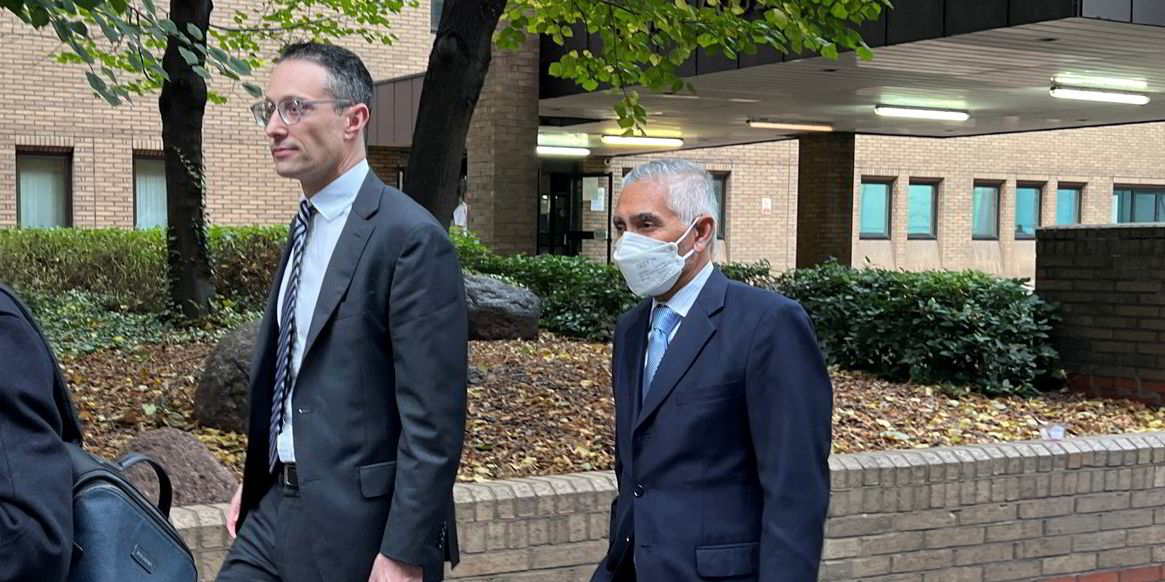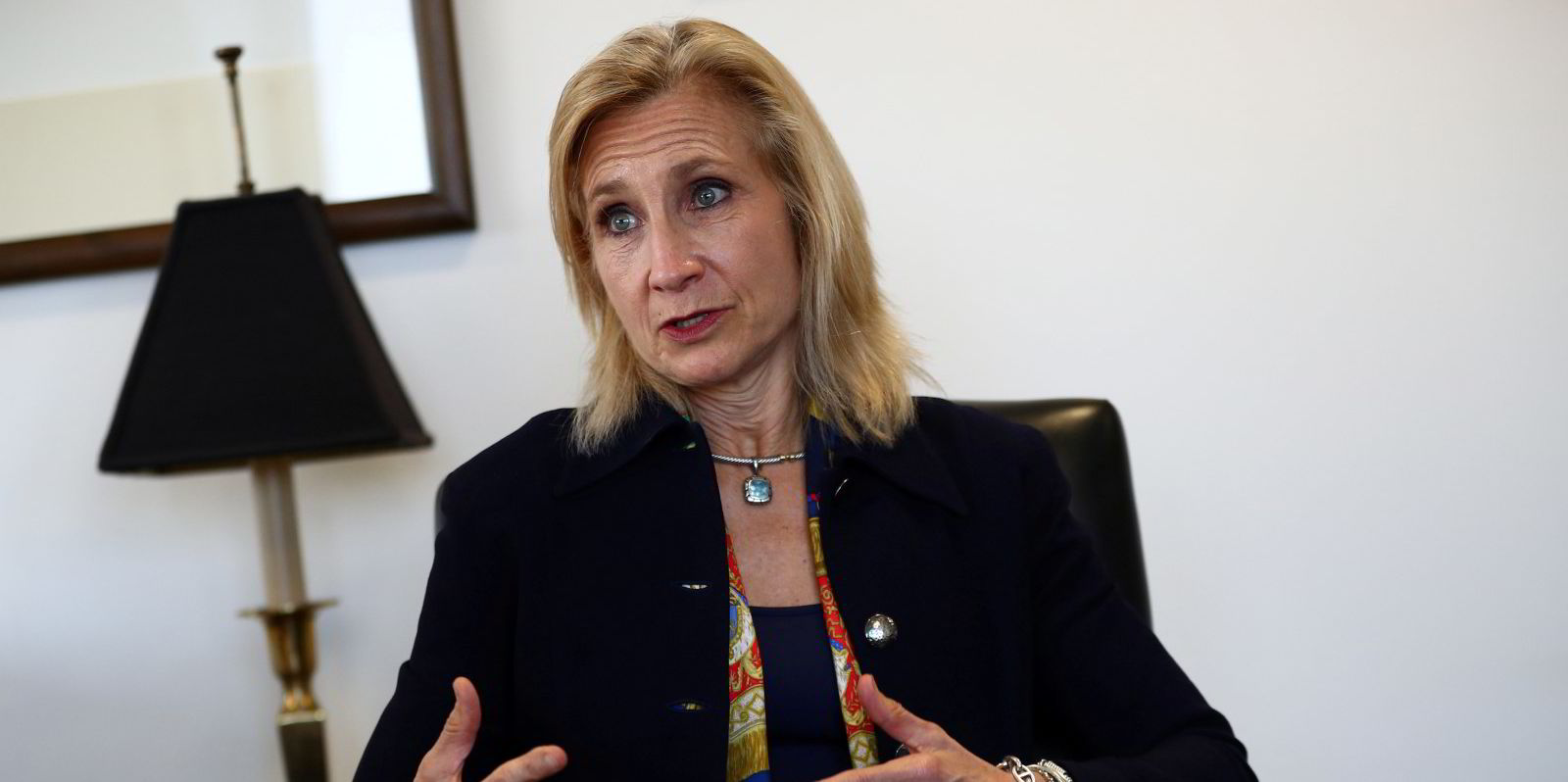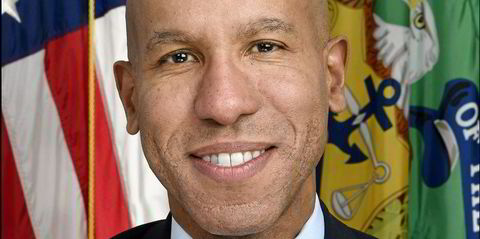A British subsidiary of trading giant Glencore has been ordered to pay more than £280m ($315m) for running a bribery network in Africa to secure crude oil contracts.
A London judge said Glencore Energy UK Ltd was guilty of corporate corruption on a “widespread scale” with bribes taken from the multinational’s head office in Switzerland disguised as office expenses.
Cash was taken by private jets by employees and agents to pay off African officials in five countries to secure preferential access to oil, better grades of oil and preferable loading dates.
The “endemic” corruption was centred around a dozen employees working on the London-based crude oil trading desk for West Africa.
Mr Justice Fraser said the cases were not isolated acts of bribery but had continued on a monthly basis for years.
Sentencing Glencore, he said: “Bribery was clearly part of the culture for a number of personnel on the West Africa desk.”
Kalidas Madhavpeddi, who was appointed chairman of Glencore in 2021 and who was in the court for the sentencing, said: “The conduct that took place was inexcusable and has no place in Glencore.”
In June, Glencore Energy UK admitted five counts of bribery and two of failing to prevent bribery for offences that ran from 2011 to 2016. The £280m in penalties was made up of fines, confiscation of the profits from the bribes and costs.
The case is linked to Glencore’s use of an unidentified individual, NG1, who operated an agency that paid bribes of more than $28m to officials in Nigeria, Cameroon, Ivory Coast, Equatorial Guinea and the Republic of Congo.
The case is an offshoot of a broader global inquiry launched by the FBI in the US in 2017 into allegations of bribery and bunker fuel market manipulation.
Glencore said in May that it expected to pay up to $1.5bn over the allegations in the US, Brazil and the UK. It said on Thursday that penalties imposed by the London court were in line with that undertaking.
The multinational is still being investigated by the Swiss and Dutch authorities over its failure to have measures in place to prevent corruption. It said it had “engaged in an extensive programme of corporate reform” since the cases came to light.
The conduct that took place was inexcusable and has no place in Glencore
Kalidas Madhavpeddi, Glencore chairman
The bribes at the centre of the UK case included sums paid by a Glencore oil trader to officials in Cameroon’s national oil and gas company and national refinery.
A Glencore executive and a colleague also flew by private jet with cash to Juba, South Sudan, where it was handed to a local agent to pay off government officials who could influence the allocation of crude oil cargoes.
Anthony Stimler, a Glencore trader, had given witness statements to the UK’s Serious Fraud Office as part of the case.
He confirmed that the payments to NG1’s agency were a “sham” to allow NG1 to withdraw money in Nigeria and take it to Cameroon for the pay-offs. Stimler has pleaded guilty to corruption and money laundering offences in the US in relation to his role in the case.
Lisa Osofsky, head of the SFO, said: “Companies that operate in the UK have to play by the rules. It’s important to offer a level playing field for all.
“Glencore stands convicted of multiple counts of bribing its way into favourable oil contracts around the world.”





